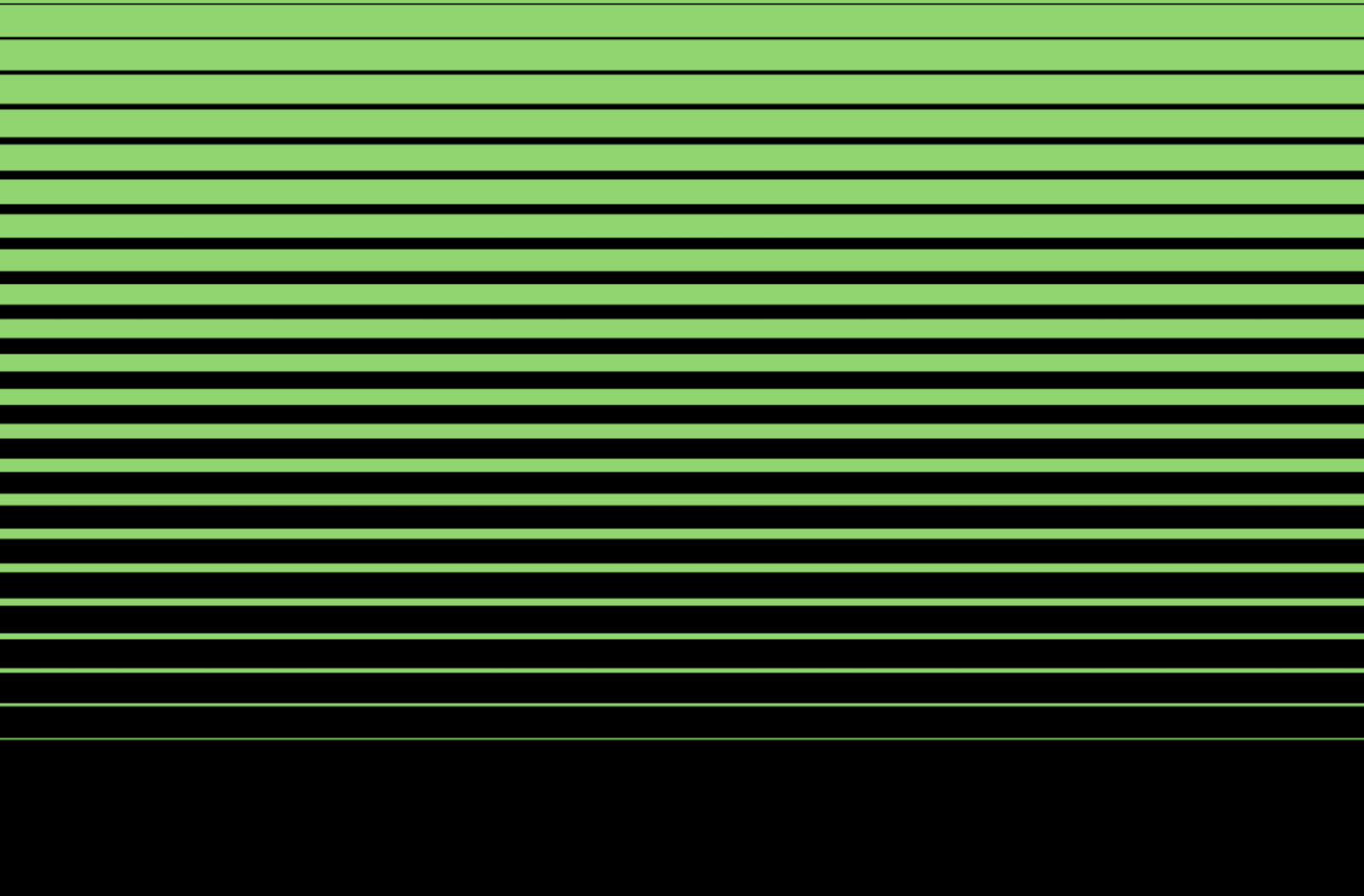OpenAI is on the receiving end of yet another lawsuit accusing it of infringement as a result of its alleged use of copyright protected works to train the large language models that power its generative AI chatbot, ChatGPT. Filed in a New York federal court on September 19 by the Authors Guild and more than a dozen authors, including John Grishman and George R.R. Martin, the complaint largely mirrors the ones that have preceded it. In short: The authors claim that OpenAI fed their copyrighted works into its models in order to enable them to “generat[e] sentences, paragraphs, and even complete texts, from cover letters to novels,” thereby, engaging in such “wholesale” copying of their works “without permission or consideration.”
Because OpenAI’s models can “spit out derivative works: material that is based on, mimics, summarizes, or paraphrases [others’] works … anyone [can] generate – automatically and freely (or very cheaply) – texts that they would otherwise pay writers to create,” the Author’s Guild and the author plaintiffs assert. Against this background and in light of OpenAI’s alleged practice of using copyright protected works to train its models (without obtaining authorization from the authors or paying the requisite licensing fee), the plaintiffs set out claims of direct copyright infringement, vicarious copyright infringement, and contributory copyright infringement against OpenAI Inc. and the eleven other OpenAI entities which range from OPENAI LP and OPENAI LLC to OPENAI HOLDINGS LLC and OPENAI STARTUP FUND I LP.
In the newly-filed lawsuit, the Author’s Guild and the author plaintiffs make additional claims about the nature of OpenAI’s workings that go beyond the allegations in previous lawsuits filed against OpenAI, making claims about the specific datasets that OpenAI uses to train its models, for instance, and about the alleged impact of generative AI on authors. For instance, the plaintiffs cite a survey of authors conducted by the Authors Guild, in which “69 percent of respondents said they consider generative AI a threat to their profession, and 90 percent said they believe that writers should be compensated for the use of their work in ‘training’ AI.”
But what might be one of the most interesting allegations in the complaint is one that references the sheer number of OpenAI entities. According to the plaintiffs, “The OpenAI Defendants are a tangled thicket of interlocking entities that generally keep from the public what the precise relationships among them are and what function each entity serves within the larger corporate structure.”
Not necessarily a striking allegation on its own, the claim is a striking one in light of the allegations set out in another recent – but unrelated – lawsuit that a trio of artists lodged against Shein. In that case, in addition to accusing Shein of carrying out “large-scale and systematic” copyright and trademark infringement, the plaintiffs maintain that the ultra-fast fashion giant is running afoul of the Racketeer Influenced and Corrupt Organizations (“RICO”) Act in connection with its alleged infringement scheme.
It is well established that “egregious copyright infringement” – or criminal infringement – “constitutes racketeering,” thanks to Congress’ addition of criminal copyright infringement as a predicate act for RICO liability, the trio of artists claim in their lawsuit against Shein. (Under 17 U.S. Code § 506, criminal infringement occurs when the infringement is carried out: (1) “for purposes of commercial advantage or private financial gain; (2) by the reproduction or distribution, including by electronic means, during any 180-day period, of 1 or more copies … of 1 or more copyrighted works, which have a total retail value of more than $1,000; or (3) by the distribution of a work being prepared for commercial distribution, by making it available on a computer network accessible to members of the public.”)
As for the enterprise element, the plaintiffs argue that a civil RICO Act claim is appropriate because Shein’s alleged misconduct is “committed not by a single entity, but by a de-facto association of entities” that makeup the larger “decentralized” structure that is Shein. Part of the purpose of the “loose and overtly decentralized amalgamation of entities” that is Shein is to “avoid disclosing basic information,” the plaintiffs argue. Specifically, Shein’s “multiplicity of entities and [outwardly] decentralization structure … aid in its efforts to avoid liability for intellectual property infringement” – partially because it makes it difficult for plaintiffs to determine “an appropriate entity” to sue.
Despite the group’s “byzantine” structure, the plaintiffs claim that the many Shein entities are all connected, and since each of the various Shein defendants has “knowingly committed criminal copyright infringement, [and] played its role with full knowledge of the overarching criminal copyright infringement it participates in,” Shein is engaging in “multiple acts of racketeering and criminal copyright infringement.”
THE BOTTOM LINE: The cases targeting Shein and OpenAI share the commonality of stemming from allegedly “widespread” copying and thus, are being waged primarily on copyright infringement grounds (or in OpenAI’s case, exclusively, on copyright infringement grounds) in furtherance of the plaintiffs’ respective quests to combat alleged injuries to themselves and their businesses. Beyond that, the cases hardly make for like-for-like comparisons, especially since the Author’s Guild and the author plaintiffs do not make RICO claims.
However, the Author’s Guild and author plaintiffs’ passing claim about the “tangled thicket of interlocking entities” that comprise OpenAI and that generally shield from the public the precise “relationships” among – and “functions” of – the entities at play is intriguing in light of the rising number of RICO claims that creative plaintiffs are increasingly waging to recover damages from businesses that might not otherwise be obvious targets of such litigation. (Shein, multi-level marketing companies, and cannabis distributors come to mind here.) It will be interesting to see if other plaintiffs opt to delve further into the allegedly complex structure of OpenAI in any of the already-pending lawsuits or in any potentially impending suits.
The case is Authors Guild, et al. v. OpenAI, Inc., 1:23-cv-08292 (SDNY).

